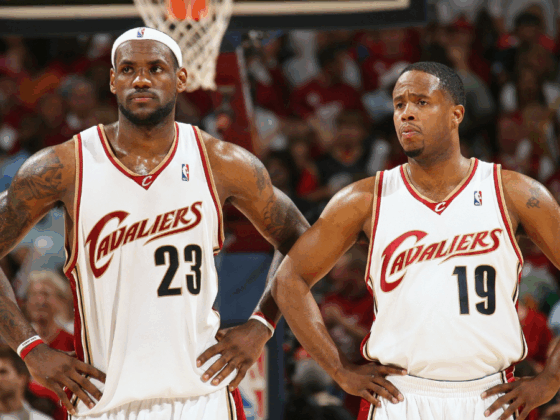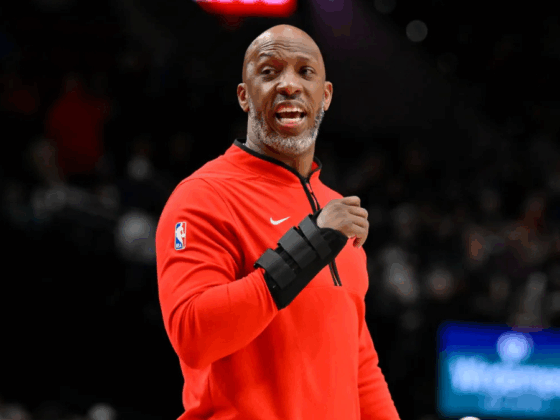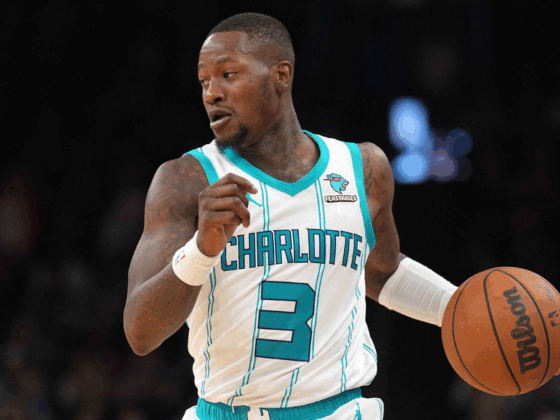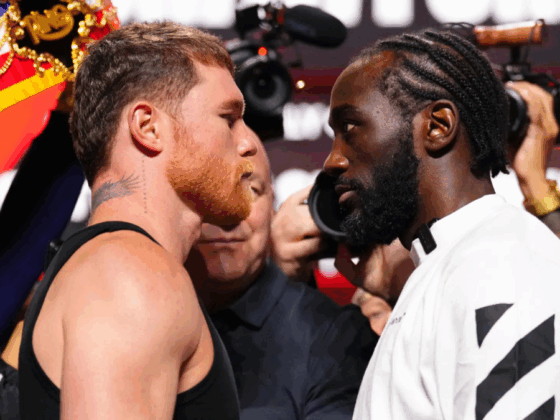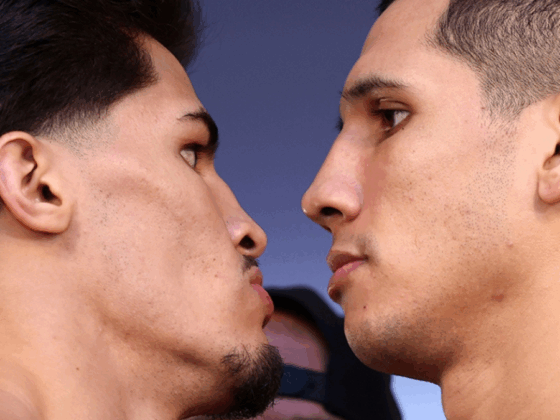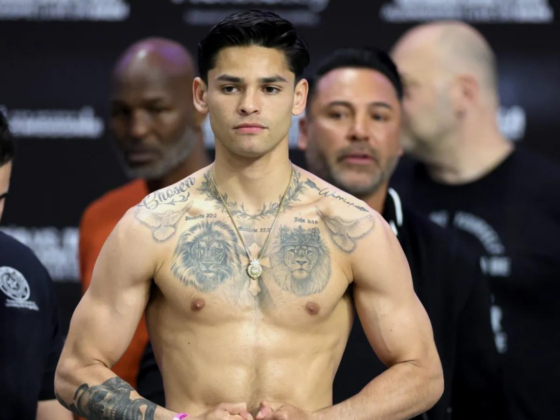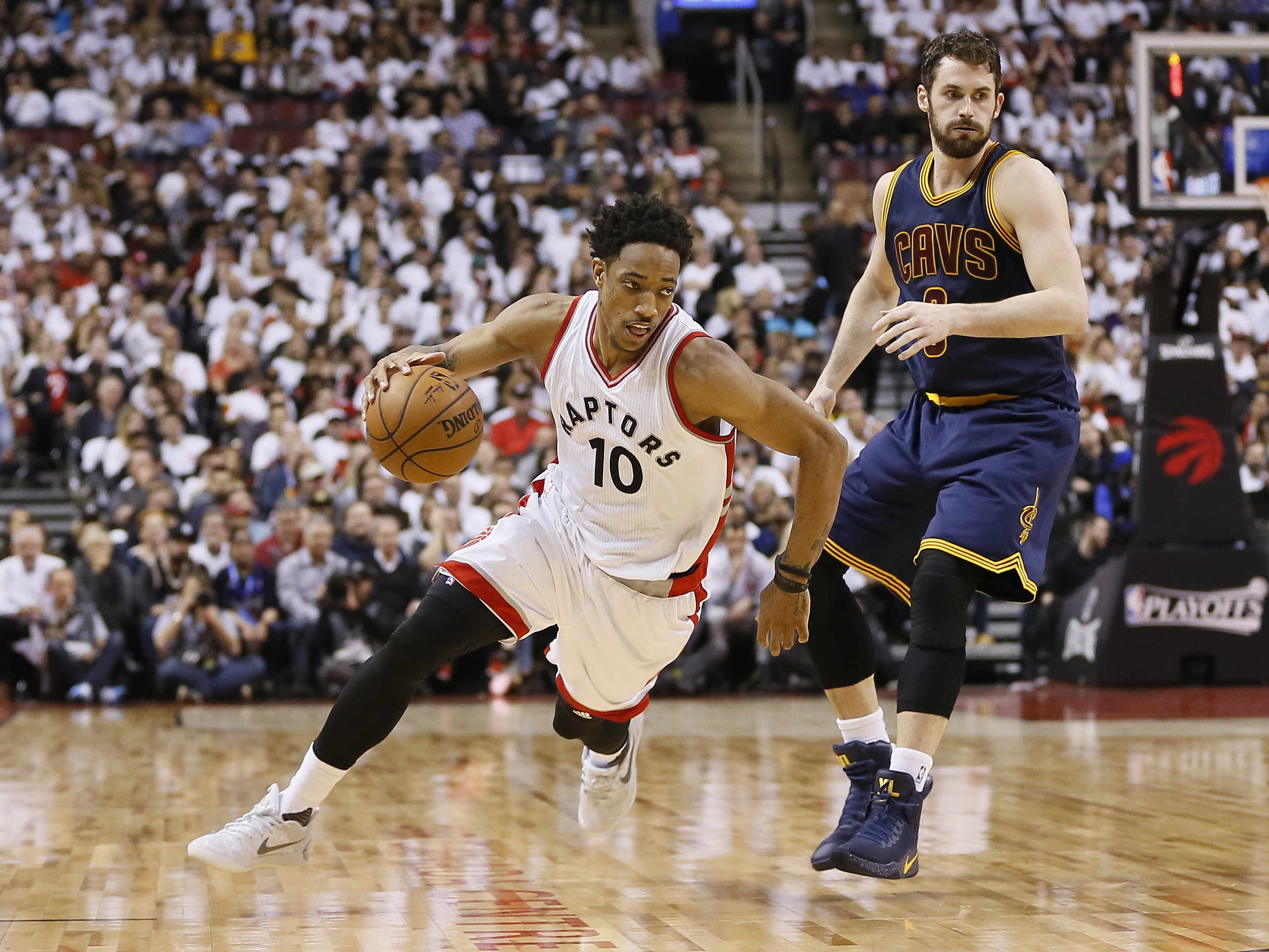
At its heart, sports is pure entertainment. While individual games and seasons can seem crucial in the moment, taking a step back to look at the bigger picture shows us the relative insignificance of sports to our daily lives. Even the life or death nature of playoff matches results in no more than a few hours of glee or misery dependent on the results for our favorite teams.
But sports serve to give us more than just entertainment. Occasionally, we are reminded that athletes tell us stories that inspire or motivate us beyond their workplace.
That was the case in recent weeks when DeMar DeRozan – and later Kevin Love – spoke out about their struggles with mental health. It was previously seen as a faux pas in the world of sports, an admission of weakness in a field where strength is the only option.
In sports, mental strength is used unabashedly in the laziest analysis of the biggest news in the industry. When LeBron James struggled in his first Finals appearance with the Miami Heat in 2011, the need for a sports psychologist was thoroughly discussed by pundits. It was inconceivable for a near-immortal athlete to struggle on the biggest stage unless there was something wrong in his head.
Former first-round pick Royce White lost his career due to his anxiety preventing him from flying with the team. It was assuredly a difficult problem for a professional athlete to survive but not much effort was given by his teams or those paid to talk about them to understand his struggles. White’s career ended after only three regular-season games in the NBA all at home.
Slowly but surely, however, that tide may be changing.
Toronto Raptors guard DeMar DeRozan inspired a dialogue with a fairly innocuous post on his social media right before All-Star Weekend:
This depression get the best of me…
— DeMar DeRozan (@DeMar_DeRozan) February 17, 2018
Here is an MVP candidate, one of the leaders of currently the best team in the Eastern Conference, admitting vulnerability at three in the morning.
Even in the ugly world of sports fandom, DeRozan was showered with support and praise. His honesty on the matter humanized him to his fans. DeRozan was no longer the epitome of strength under all pressure, the face of constant improvement and ability as one of the key figures in putting the Raptors on the map.

DeRozan’s tweet and subsequent interviews on the matter not only inspired his fans. Other athletes could look at the shooting guard as inspiration to speak on something previously viewed as taboo.
Kevin Love did so in a beautifully-penned piece for the Players Tribune, recounting stories of panic attacks during games. Prime examples of how his own struggles with mental health affect his profession. Here was one of the best players in the NBA, the face of one of the biggest plays in Cavaliers’ history to bring Cleveland a championship, admitting that some days everything can be too much to handle.
DeRozan and Love spoke about something that may be a breach of etiquette in the sports world. But silence on this matter is not unique to athletics. According to the Anxiety and Depression Association of America, more than 18 percent of American adults struggle with anxiety but despite it being “highly treatable,” only 36.9 percent actually seek treatment. Similar statistics can be dug up about depression which the ADAA calls the “leading cause of disability” among 15-44 year-olds in the United States.
It’s not a stretch to say that everyone is affected by depression in some manner. Whether it directly impacts us or is a crux in the life of our loved ones, mental health is a major obstacle in most lives.
Love and DeRozan forced me to think about depression’s effects on my own life. I thought not only about my occasional struggles with mental health and how anxiety and depression affect my day-to-day life, but those close to me. I thought about my friend Michael whose struggles led to self-harm during our time together in high school, and suicide soon after I had started college.
It’s been more than four years since Michael took his own life and not a single day goes by where I don’t think about what I could have done to prevent that. Truthfully, I did not know how to approach him on the matter and how to be a friend in what was clearly a time of need.
Michael was not alone. The American Foundation for Suicide Prevention says that there are 123 suicides per day in the United States making it the tenth-leading cause of death in the country.
Sports are an escape from the real world for many of us, pure entertainment in watching the top one percent of people in the world in their particular profession. But even in an era where every public statement from an athlete is met with cries of “shut up and dribble,” the impact that even one or two of the best in the world can have by speaking out about real issues is immense.
In DeMar DeRozan’s case, it led to waves of inspiration:
“It’s not nothing I’m against or ashamed of. Now, at my age, I understand how many people go through it. Even if it’s just somebody can look at it like, ‘He goes through it and he’s still out there being successful and doing this,’ I’m OK with that.”
